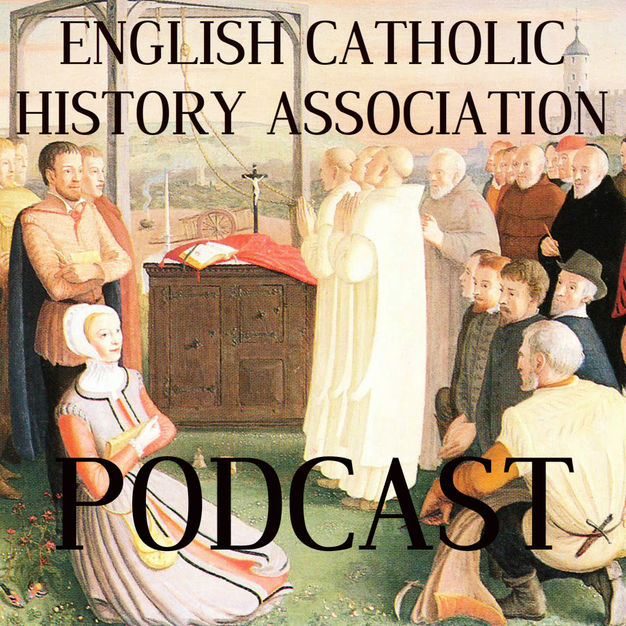
Conferences – English Catholic History Association
Various Contributors
Lectures on aspects of the history of the Catholic Church in England and Wales. The talks were recorded at meetings held in various locations in England and Wales in recent years. All our speakers are experts in their field.
- Caroline Chisholm: The Emigrant’s Friend by Joanna Bogle
Joanna Bogle gives an engaging presentation about the fascinating, little-known life of Caroline Chisholm, Catholic reformer and friend of emigrants in the Australia of the 1840s. Caroline travelled to Australia with her husband and family in 1838. Very soon she realised that little help was given to migrants, especially women, who often, as a result, ended up in prostitution. She set up a system to enable them to find respectable work, by the end of the 1840s she had assisted over 11,000 migrants, often without official support and working tirelessly to raise public awareness.
She was often successful in attracting influential people to her cause, especially when she returned to the United Kingdom in the late 1840s and gave evidence to a committee of the House of Lords – a considerable achievement for a woman at that time.
Joanna Bogle is an author, journalist, and broadcaster. Her interest in Catholic history of London led her to set up the website ‘Catholic History Walks‘. Her recent book, Caroline Chisholm: The Emigrant’s Friend is available online and at all good bookstores.
Listen here by clicking on the arrow OR to go to our Podcast for this and previous presentations – see below
Find the podcast by clicking here for Spotify (available on Android) or here for Apple Podcasts (formerly iTunes) (for Apple devices).
21 January 2024, 7:37 pm - Leanda de Lisle: Henrietta Maria, the Queen Behind the Black Legend
Watch the video below for our latest Zoom presentation from Leanda de Lisle, who gave a wonderful portrait of Queen Henrietta Maria, wife of Charles I.
For the audio only listen via the player below or go to our podcast to listen on Apple Podcasts or Spotify.
11 July 2023, 12:23 pm - Nicholas Breakspear, the English Pope by Adrian Waddingham

Nicholas Breakspear was elected pope in 1154, but his story started long before that. The son of a local churchman near St Albans, he would battle his way across Europe to defend and develop Christianity, facing war in Scandinavia and the Moors in the Iberian Peninsula. But it was after he took the throne of St Peter as Adrian IV that he would face his greatest threat: Frederick Barbarossa, who was determined to restore the Holy Roman Empire to its former greatness.
In this talk, given recently at our Annual General Meeting, Adrian Waddingham opens the archives to tell the story of a man who rose from humble beginnings to glorious power – and yet has been all but forgotten ever since. You can listen to our talk below or in our podcast. If you would like to know more, Adrian’s book on this subject is available via many online outlets.
8 November 2022, 10:35 am - Cardinal Bourne of Southwark and Westminster by Fr Mark Vickers

At more than thirty-one years (1903-1935), Cardinal Bourne’s is the longest reign of any Archbishop of Westminster. Today, with the possible exception of his turbulent relationship with Bishop Amigo of Southwark, Bourne is virtually unknown. That obscurity is unmerited. His time at Westminster covered some of the most momentous events of the modern English Catholic Church: the Education Question, Modernism, the First World War, the Irish Troubles and Treaty, the emergence of the Labour Party, the General Strike, the growing menace of the European dictators and the stirrings of ecumenism and Catholic social policy. By temperament and preference, Bourne played a quiet role in all these issues, but it was neither passive nor negligible. In difficult times, he led the Catholic Church conscientiously and well. In this presentation, Fr Mark Vickers, historian and Catholic priest of Westminster diocese, focuses on Cardinal Bourne’s relationship with his clergy, including his founding of Wonersh Seminary.
To listen to the talk click on the arrow below or click to the image to find the talk in our podcast
6 August 2022, 2:01 pm - Francois Longuet and the Reading Mission by Lindsay Mullaney
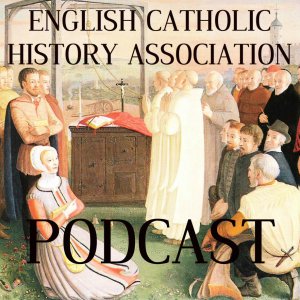
Francois Longuet was one of several French émigré priests who came to Reading in the wake of the French Revolution. He founded a new chapel in Reading, the first purpose-built one since the Reformation, which he called The Chapel of the Resurrection. Basing her talk on letters extant between Longuet and his Bishop, Lindsay gives a fascinating insight into this unusual and, in the end, tragic life.
To listen to the talk click on the arrow below or click to the image to find the talk in our podcast
20 June 2021, 5:12 am - The Papal Zouaves: Victorians who fought for the Pope by Fr Nicholas Schofield

The Papal Zouaves were the volunteers from Britain and Ireland who flocked to Rome to help the Pope defend the Papal States between 1860 and 1870.
Fr Nicholas Schofield gives a detailed and fascinating account of this little known episode in Papal history.To listen to the talk click on the arrow below or click to the image to find the talk in our podcast
18 June 2021, 5:59 pm - Cardinal Pole by Rev Dr Kenneth Carleton

Rev Carleton is a Deacon of Brentwood Diocese, UK. He gives an introduction to Cardinal Reginald Pole, Archbishop of Canterbury under Queen Mary, and son of Blessed Margaret Pole.
To listen to the talk click on the arrow below or click to the image to find the talk in our podcast
26 March 2021, 2:33 am - Monasticism in Suffolk by Dr Francis Young

Dr Francis Young spoke on this subject to our members during a recent Zoom lecture. It happened also to be the Feast of St Edmund to which he alludes at the beginning of the talk. Dr Young gives a masterly overview of the history of monasticism in Suffolk. The story of the rise, fall and re-establishment of religious life in Suffolk is in many ways a reflection of what happened elsewhere in England.
To listen to the talk click on the arrow below or click to the image to find the talk in our podcast
28 January 2021, 8:49 am - With Help from the English Embassy: Spanish Civil War Letters by Loreto Sisters, 1936-38, by Dr Benjamin Hazard

We are grateful to Dr Hazard, of the School of History, University College Dublin, for providing us with this recording for our podcast which relates to a unique collection of letters written by Loreto Sisters during the Spanish Civil War. Their Irish Mother Provincial, Mother Baptist Gibney and some of the Loreto Sisters in Spain, were British passport holders. He discusses how the British embassy in Madrid, the Royal Navy;and the Scottish Ambulance Unit helped the Loreto Sisters to organise their evacuation from the Spanish capital.
Dr Hazard was assisted with some of the research for this article with a grant from ECHA.
Click on the arrow below to listen to this talk or go to the image above to find the talk in our podcast
4 October 2020, 10:10 am - Saint John Henry Newman – Doctor of the Church? by Fr Marcus Holden
 “The spiritual guide, the apologist, the modern visionary, the antidote to liberalism, the defender of conscience, the man who never sinned against the light – these are the reasons why Newman should be considered a Doctor of the Church.” Blessed John Henry Newman will be canonised by Pope Francis on 13 October 2019. This splendidly clear and informative talk by Fr Marcus Holden comes therefore at an apt moment in the life of the English Church.
“The spiritual guide, the apologist, the modern visionary, the antidote to liberalism, the defender of conscience, the man who never sinned against the light – these are the reasons why Newman should be considered a Doctor of the Church.” Blessed John Henry Newman will be canonised by Pope Francis on 13 October 2019. This splendidly clear and informative talk by Fr Marcus Holden comes therefore at an apt moment in the life of the English Church.Click on the arrow to listen to this talk or go to the image above to find the talk in our free iTunes podcast
https://echa.org.uk/wp-content/uploads/2019/07/30-st-john-henry-newman.mp3
18 July 2019, 9:10 am - More Episodes? Get the App
Your feedback is valuable to us. Should you encounter any bugs, glitches, lack of functionality or other problems, please email us on [email protected] or join Moon.FM Telegram Group where you can talk directly to the dev team who are happy to answer any queries.
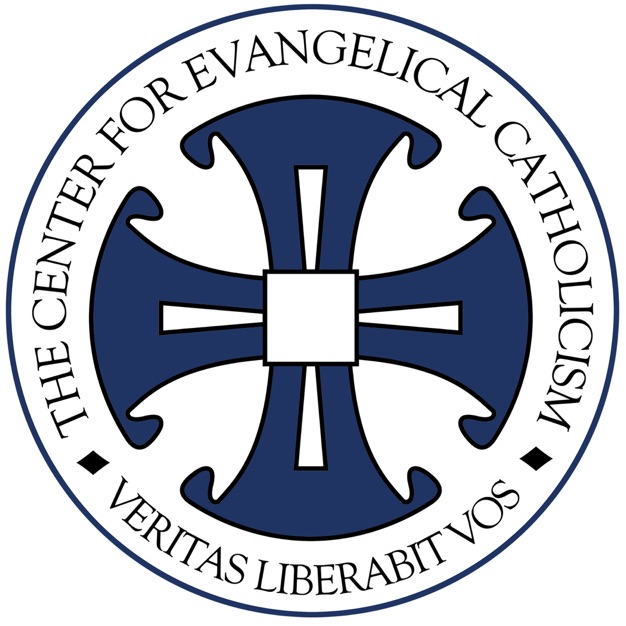 Center for Evangelical Catholicism
Center for Evangelical Catholicism
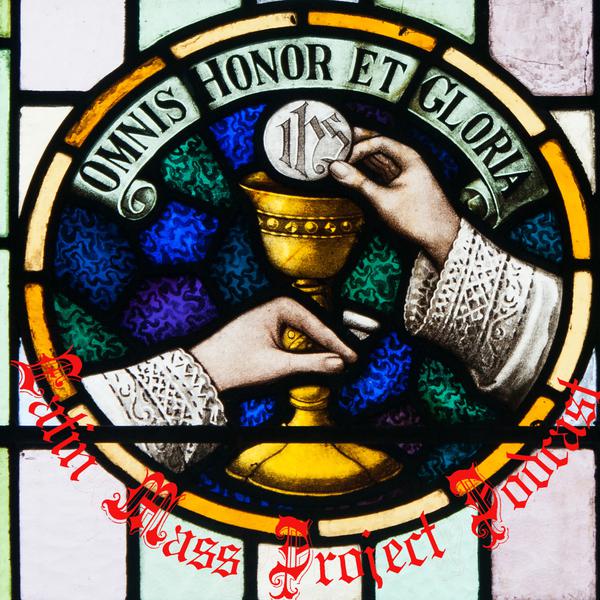 Latin Mass Project
Latin Mass Project
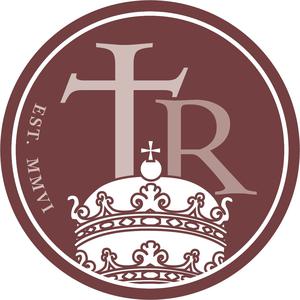 Member Supported Restoration Radio
Member Supported Restoration Radio
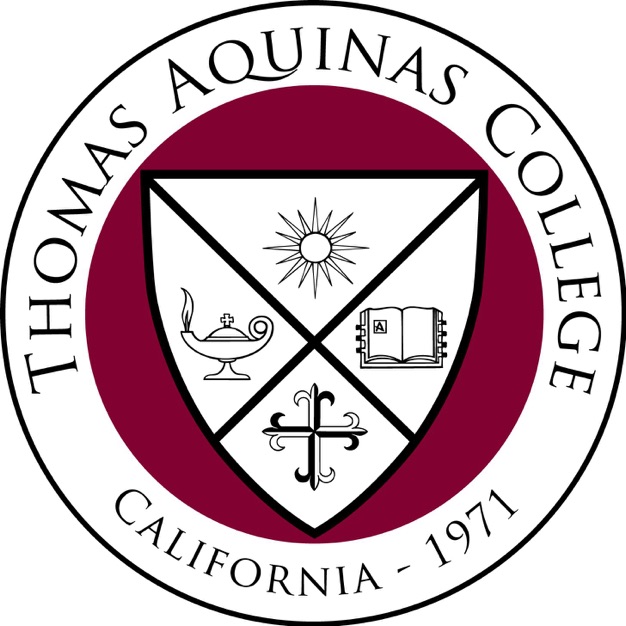 Thomas Aquinas College Lectures & Talks
Thomas Aquinas College Lectures & Talks
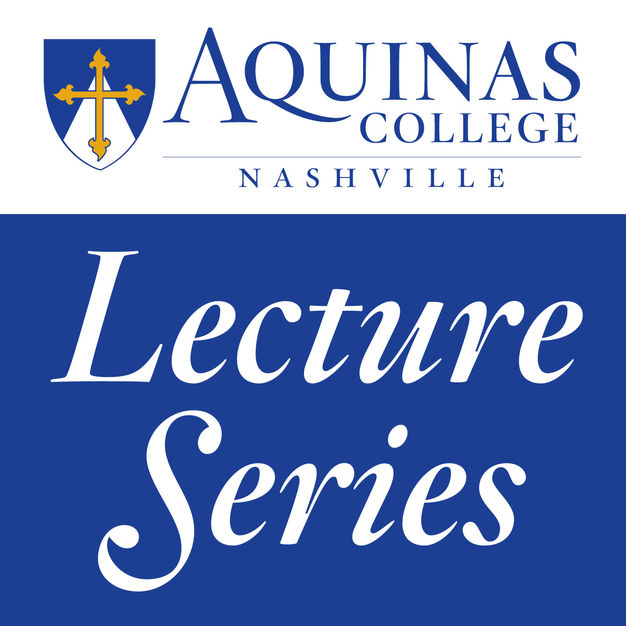 Aquinas College Lecture Series
Aquinas College Lecture Series
 History of the Catholic Church from the Renaissance to the French Revolution: Volume 1 by MACCAFFREY, Rev. James
History of the Catholic Church from the Renaissance to the French Revolution: Volume 1 by MACCAFFREY, Rev. James